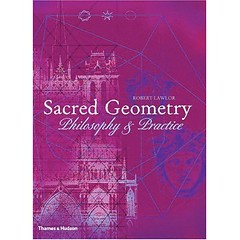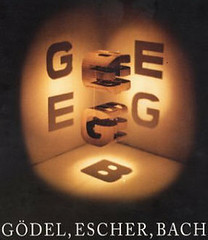Discussed in the Telegraph for instance (referencing work published in Science). I post this here partly because of this recent geometry stuff but also because of the wealth of interesting written work on Tymoczko`s site. Enjoy (sort of). [the written work is listed in 'publications' on his Princeton page, cant link directly to it unfortunately]
There is also a Princeton podcast on this topic.

One of Tymoczko`s geometric images from this page.





















